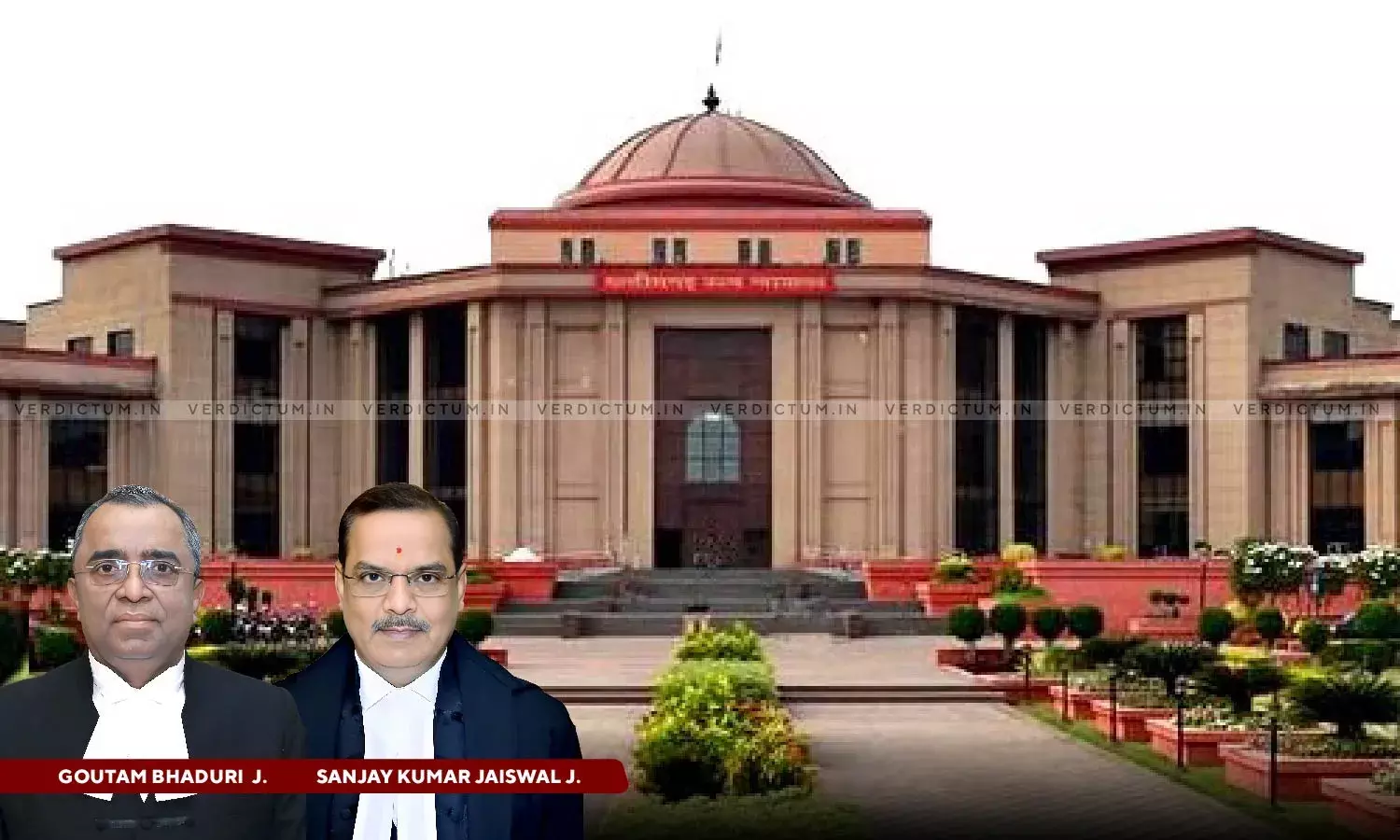Child Can Testify If He Has Intellectual Capacity To Understand Questions & Give Rational Answers: Chhattisgarh HC Upholds Murder Conviction

The Chhattisgarh High Court while upholding the conviction of a man in a murder case has observed that a child can be allowed to testify if he has the intellectual capacity to understand the questions and give rational answers.
A Division Bench of Justice Goutam Bhaduri and Justice Sanjay Kumar Jaiswal held, “The Section 118 of Evidence Act envisages that all persons shall be competent to testify, unless the Court considers that they are prevented from understanding the questions put to them or from going rational answers to the questions, because of tender years or old age or disease. Therefore the child of tender age can be allowed to testify, if he has intellectual capacity to understand the questions and give rational answers.”
The question before the Bench required to be examined was since the death was homicidal in nature, whether it can be attributed to the accused.
Advocate K.P. Sahu appeared on behalf of the appellant/accused while Dy. G.A. Vikram Sharma appeared on behalf of the respondent/State.
Facts -
An appeal was preferred against the judgment passed by the Sessions Judge whereby the appellant/accused was convicted under Section 302 of the IPC and was sentenced to life imprisonment along with a fine of Rs. 1,000/-. In 2019, the deceased went to collect leaves in the forest wherein the accused assaulted him by way of an axe on his neck and the two witnesses who accompanied the deceased had seen such an incident.
Since the death was homicidal in nature, after a thorough investigation, the chargesheet was filed, and based on the evidence and statements, the appellant was convicted for the offence being aggrieved by which he approached the High Court. The counsel for the appellant submitted that the conviction of the appellant was entirely based on the statements of the two child witnesses and that there was nothing on record to test the competence of the same.
The High Court in view of the facts and circumstances of the case noted, “According to the doctor’s report, the cause of death was shock and coma due to massive bleeding from the injured wounds and was homicidal in nature. In the postmortem report it was stated that death occurred approximately 24 hours prior to the autopsy.”
The Court further noted that the prosecution examined two eye-witnesses aged seven and fourteen years respectively and that the intellect was tested by the Court to ascertain the intelligence primacy.
“Before he was examined, the trial court put him with certain questions and came to a conclusion after noticing the manners and the intelligence and thereafter having satisfied of fact he can depose before the Court proceeded to record his statement. … The comparison of the statement of the witnesses would show that there is no exaggeration and the witnesses have stuck to their statements made during the investigation in material particulars”, said the Court.
The Court observed that the reading of the statement of the witness in its entirety does not reflect that the child witness was tutored and hence, for the reason of corroboration, counter support by the witness, medical evidence, and postmortem report, the same can be relied upon.
Accordingly, the Court dismissed the appeal and refused to interfere with the order of the trial court.
Cause Title- Sukhiram Nishad v. State of Chhattisgarh


